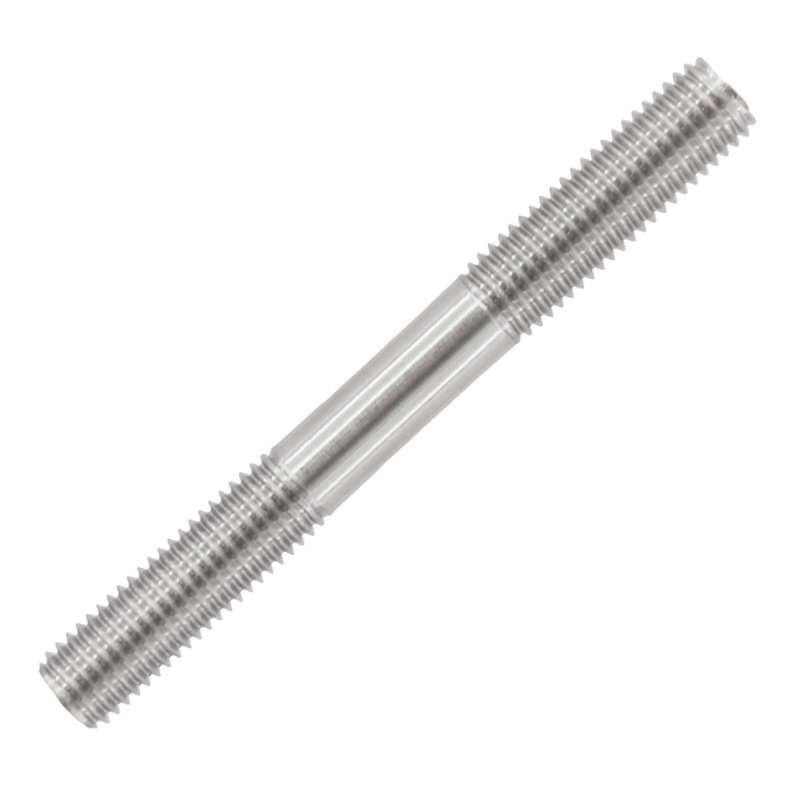

m3 flat washer
Nov . 24, 2024 20:31 Back to list
m3 flat washer
Understanding M3 Flat Washers Essential Components in Fastening Technology
In the world of fastening technology, small components often play a pivotal role in ensuring that larger structures remain stable and functional. One such unassuming yet critical component is the flat washer, particularly the M3 flat washer. In this article, we will explore what M3 flat washers are, their specifications, applications, materials, and why they are essential in various industries.
What is an M3 Flat Washer?
An M3 flat washer is a disc-shaped metal plate with a central hole that matches the diameter of an M3 screw or bolt. The M denotes that the washer is compatible with metric screws, and the 3 indicates that its inner diameter is appropriate for M3 fasteners, which have a nominal diameter of 3 mm. Flat washers are typically used in conjunction with nuts and bolts to distribute the load from the fastener head, thereby preventing damage to the workpiece.
Specifications of M3 Flat Washers
M3 flat washers are available in various dimensions and thicknesses. Generally, they have an outer diameter that exceeds the screw's head size, allowing for adequate load distribution. The standard thickness for M3 flat washers can range from 0.5 mm to 2 mm or more, depending on the application requirements. The washers are available in different finishing options, such as zinc-plated, stainless steel, and plain carbon steel, each offering different levels of corrosion resistance and aesthetic appeal.
Applications of M3 Flat Washers
M3 flat washers are widely used in multiple applications across various industries
. Here are some notable examples1. Automotive Industry In vehicles, M3 flat washers are used in the assembly of engines, transmissions, and suspension components. They ensure that bolts remain securely tightened, even under the vibration and stress experienced during operation.
2. Electronics M3 flat washers are commonly used in electronic devices, such as computers and appliances, to secure components like circuit boards and covers. This helps to prevent damage from loose connections and facilitates better electrical conductivity.
3. Furniture Manufacturing Flat washers help provide stability in flat-pack furniture by supporting screws that hold various components together. This is particularly important for ensuring durability and longevity in furniture products.
4. Construction M3 flat washers are also employed in the construction industry to secure wood and metal frameworks, ensuring that components remain aligned and secure.
m3 flat washer

Materials for M3 Flat Washers
One of the critical factors influencing the performance of M3 flat washers is the material from which they are made. Here are some common materials used
- Stainless Steel This is a popular choice due to its high corrosion resistance and durability. Stainless steel flat washers are ideal for outdoor applications and environments prone to moisture.
- Zinc-Plated Steel These washers offer moderate corrosion resistance and are widely used in less demanding applications where moisture exposure is minimal.
- Plastic For non-metallic applications, plastic flat washers can be an effective alternative. They provide excellent insulation properties and are corrosion-resistant, making them suitable for electronic applications.
Why M3 Flat Washers are Essential
The importance of M3 flat washers should not be underestimated. They serve several essential functions
- Load Distribution Washers distribute the load of the screw or bolt over a larger area, reducing the risk of deformation in the surface material.
- Prevention of Loosening By providing a larger bearing surface, flat washers help to prevent nuts and bolts from loosening over time due to vibration or thermal cycling.
- Protection of Surfaces Washers can protect the surface of materials from damage caused by the fastener head, thus enhancing the longevity and appearance of the workpiece.
In conclusion, M3 flat washers are small but significant players in the mechanics of fastening technology. Their role in enhancing the performance, longevity, and safety of various assemblies cannot be overstated. Whether in automotive manufacturing, electronics, furniture making, or construction, these washers are indispensable components that ensure structural integrity and reliability. Understanding their specifications, materials, and applications can greatly enhance the quality of work in any field utilizing fasteners.
Latest news
-
High-Strength Hot-Dip Galvanized Bolts-Hebei Longze|Corrosion Resistance&High Strength
NewsJul.30,2025
-
Hot Dip Galvanized Bolts-Hebei Longze|Corrosion Resistance&High Strength
NewsJul.30,2025
-
Hot Dip Galvanized Bolts - Hebei Longze | Corrosion Resistance, High Strength
NewsJul.30,2025
-
High-Strength Hot Dip Galvanized Bolts-Hebei Longze|Corrosion Resistance, Grade 8.8
NewsJul.30,2025
-
Hot Dip Galvanized Bolts-Hebei Longze|Corrosion Resistance,High Strength
NewsJul.29,2025
-
High-Strength Hot Dip Galvanized Bolts - Hebei Longze Metal Products Manufacturing Co., Ltd.|corrosion resistance&high strength
NewsJul.29,2025

